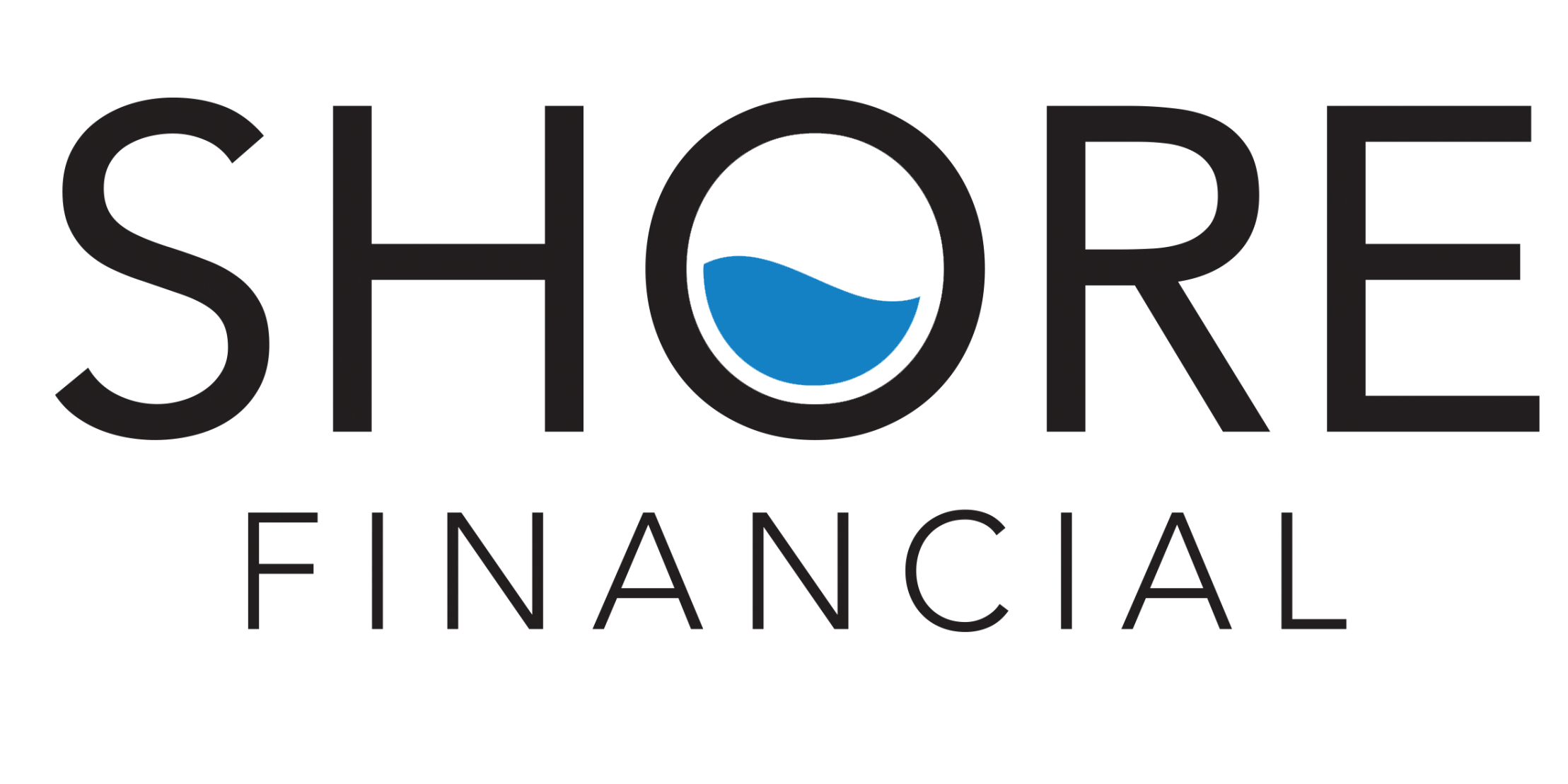Brought to you by Shore Financial
The Coalition won in the Australian election, and this means good news for the housing market. While there haven't been any changes to negative gearing or capital gains tax, there are other changes that are occurring — and these changes make now a good time for homebuyers and investors.
Here's what you need to know about the changes to mortgage lending, banking codes, and loan deposit regulations.
Changes in Mortgage Lending: Serviceability Assessments
In the past, it was required that borrowers be assessed at a rate of at least 7% — customers had to be able to repay a loan at this percentage, even if they were getting a significantly lower rate. This was meant as a hedge against rising interest rates and loans becoming unaffordable within the loan term.
As of now, lenders are able to set their own minimum assessment rates and are required to add a 2.5% buffer on top of the actual rate rather than a standard 7%. Today, the average interest rate is below 3.50 %. With a 2.5% buffer, borrowers will need to qualify for 6.0% rather than 7%.
This change in interest rate qualification will mean that borrowers will be able to borrow more for their home. Mortgage amounts are approved based on whether an individual can pay back the principal plus interest over the loan term. When interest rates lower, borrowers are able to loan more in principal.
Effectively, this may balance out the increasing property prices in Australia, while also allowing borrowers to leverage cheaper money as interest rates are presently decreasing.
Key takeaway: Borrowers are going to find it easier to qualify for mortgage loans, and may be able to borrow more money as they will no longer need to qualify for a standard 7% interest rate.
New Banking Code Practice Affecting the "Bank of Mum and Dad"
Approximately 20% of first-time homebuyers have a loan from their parents in place when applying for a mortgage, with the average size of that loan being $70,000. In fact, the "bank of mum and dad" is said to be Australia's ninth largest property lenders.

Unfortunately, there is some bad news for first-time buyers. As of 1 July, there may be additional restrictions regarding the "bank of mum and dad."
When homebuyers take out additional loans to purchase a home, the home can become over-leveraged. It's a risk to the bank: the buyer has to pay back the loan to their parents and also the loan to the bank, potentially stretching themselves thin.
In the past, these "mum and dad loans" weren't always calculated into the purchase price, leading to buyers acquiring a home they truly couldn't afford.
As of 1 July, banks may ask more questions about how borrowers obtained their deposit money, whether their deposit money was borrowed from other sources and if that money has strings attached such as interest.
Banks may verify down payments through forensic means to determine whether the borrowers had earned down payments through their wages or had recently received large lump sums.
Borrowers who are going to be borrowing money from their parents should be prepared to face lower loan approval. They should also be critical about their own ability to pay off their loans, as borrowers with help from their parents are twice as likely to default on their loans within the first five years.
But that doesn't mean that parents can't help. If parents are willing to gift money for a down payment rather than lend it, then it won't be calculated into the bank's decision. The bank simply needs to know if there's going to be another loan on top of the mortgage loan that they're providing.
Key takeaway: Borrowing money from parents for a home has become more difficult, but having money gifted for a deposit is still a possibility.
Access to First Home Loan Deposit Scheme
By 1 January 2020, first-time homebuyers will be able to purchase a home with a 5% deposit, without having to pay additional lenders mortgage insurance. Morrison's First Home Loan Deposit Scheme will guarantee the remaining 15% of the deposit.
Here are some things homebuyers need to remember In order to qualify:
- Be able to pay 5% of their property as a down payment
- Not be earning more than $125,000 a year for single individuals or $200,000 for couples
- Be purchasing an eligible home (this will depend on the area the home is in)
Further, the First Home Loan Deposit Scheme will only be funded to 10,000 borrowers.
Without this deposit scheme, borrowers with less than 5% down payment need to pay costly LMI (lenders' mortgage insurance) fees, which can reduce the size of the home that they can purchase (by inflating their mortgage costs).
First-time buyers who are able to take advantage of this deposit scheme will be able to get a home with less than a 20% deposit without undertaking financial penalties.
However, because it is only open to a total of 10,000 borrowers, it's important that those interested in the program apply for it as soon as possible.
Key takeaway: The government is willing to subsidize 15% of a deposit for borrowers who only have 5%, but this is only open for 10,000 borrowers.
Conclusion
For first-time homebuyers, it's mostly good news. It's about to become easier and more affordable to get a mortgage — unless, of course, you need to borrow money from your parents.
If you need to borrow money from your parents for a down payment, it may be easier to save money and wait until 1 January 2020 to apply for the government's new deposit scheme.
The government is working to make it more affordable and easier for first-time buyers to get into the market, rather than investors.
First-time homebuyers should take action to get into the real estate market as quickly as possible while its affordable to do so. That means getting their financials in order.
Disclaimer: This is general information only and should not be taken as financial advice. Please speak to a Shore financial planning professional before making a decision on your home loan.
Visit the Shore Financial website with the article here: 3 Key Changes to Mortgages You Need to Know after the Election
Shore Financial
shorefinancial.com.au
1300 416 700
info@shorefinancial.com.au

in Finance
News and Lifestyle View the Latest Updates
-
Late Summer Landscape Tips: Boost Your Garden’s Appeal for… January 30thAs Summer winds down (or is it up??), it's easy to think that the hard work of maintaining your garden is over.
-
Market Update | 14 & 15 December 2024 December 17thProperty prices have risen throughout the year across the country, though the rate of growth has slowed from the fast...